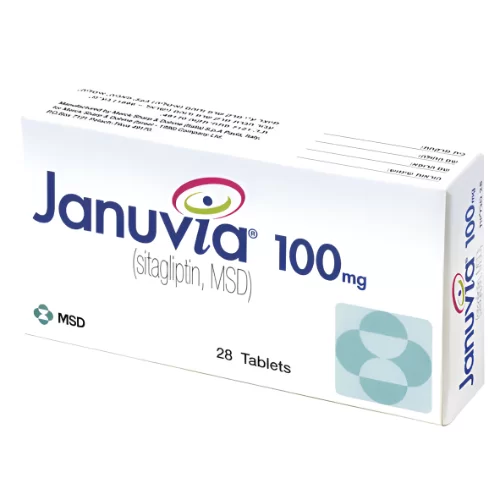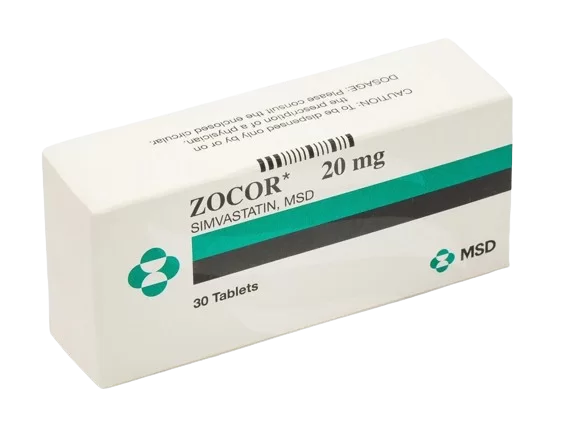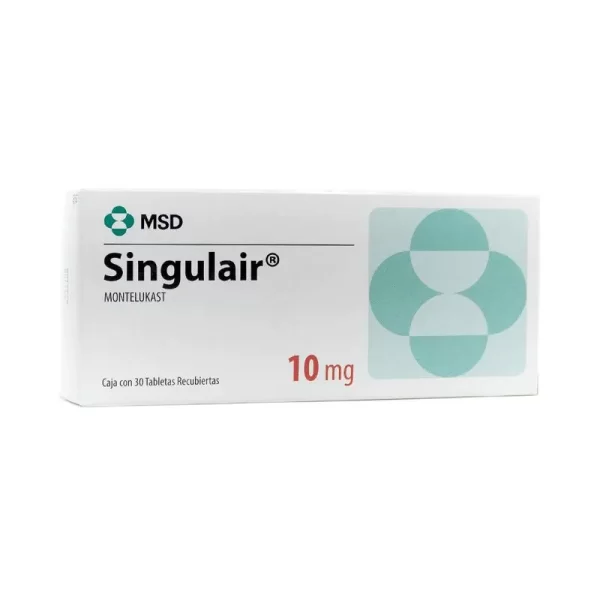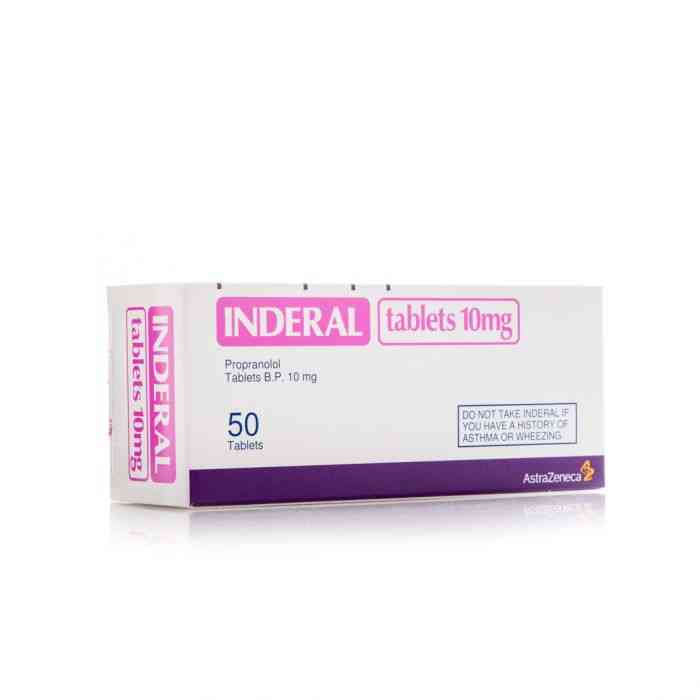
Januvia
Januvia - 100mg
| Product | Per Pill | Savings | Per Pack | Order |
|---|---|---|---|---|
| 10 pills | $8.02 | $80.18 | Buy Now | |
| 20 pills | $6.03 | $39.69 | $160.36 $120.67 | Buy Now |
| 30 pills | $5.37 | $79.38 | $240.54 $161.16 | Buy Now |
| 40 pills | $5.04 | $119.07 | $320.72 $201.65 | Buy Now |
| 60 pills | $4.71 | $198.45 | $481.08 $282.63 | Buy Now |
| 90 pills | $4.49 | $317.51 | $721.62 $404.11 | Buy Now |
Overview of Januvia (Sitagliptin)
General Introduction
Januvia (sitagliptin) is an oral antidiabetic medication primarily used to manage type 2 diabetes mellitus. Developed by Merck & Co., it was first approved by the U.S. Food and Drug Administration (FDA) in October 2006. Januvia works by inhibiting the enzyme dipeptidyl peptidase-4 (DPP-4), resulting in increased levels of incretin hormones. These hormones play a crucial role in regulating blood glucose levels by enhancing insulin release and suppressing glucagon production, particularly in response to meals. Januvia is beneficial for patients who struggle to manage their blood sugar levels through diet and exercise alone and can be used as monotherapy or in combination with other antidiabetic medications. Its approval marked a significant advancement in diabetes care, offering a novel mechanism of action compared to other therapies available at the time.
Key Benefits and Unique Properties
- Efficacy: Januvia effectively lowers blood glucose levels and has been shown in clinical trials to significantly reduce HbA1c levels, a key indicator of long-term glucose control.
- Convenience: Taken orally once daily, Januvia offers a simple and convenient option for patients, especially those who find multiple daily doses challenging.
- Well-Tolerated: Januvia is generally well-tolerated, with a low risk of hypoglycemia, making it safer for a broader range of patients, including those at higher risk for low blood sugar episodes.
- Cardiovascular Benefits: Some studies suggest potential cardiovascular benefits when Januvia is used in conjunction with other diabetes medications, adding to its therapeutic value.
- Weight Neutral: Unlike some diabetes medications, Januvia does not typically cause weight gain, which is a significant benefit for patients managing type 2 diabetes where weight control is essential.
Effectiveness
Januvia offers a unique mechanism of action by targeting the incretin pathway, making it effective in lowering HbA1c levels. Clinical studies have demonstrated its efficacy when used alone or in combination with other oral antihyperglycemic agents or insulin. Januvia's effectiveness in improving glycemic control makes it a valuable option for patients who require additional support beyond lifestyle changes. Its compatibility with other diabetes medications allows for a personalized treatment approach, addressing individual patient needs.
Safety and Tolerability
Januvia is considered safe and well-tolerated by most patients. Common side effects include upper respiratory tract infections, headache, and nasopharyngitis, which are generally mild. However, Januvia should be used with caution in patients with renal impairment, as dosage adjustments may be necessary. The overall safety profile supports its use as a standard treatment for long-term diabetes management, with regular monitoring and follow-ups with healthcare providers to manage any potential side effects effectively.
Indications for Use
Diseases and Conditions Treated
- Type 2 Diabetes Mellitus: Januvia is indicated as an adjunct to diet and exercise to improve glycemic control in adults with type 2 diabetes. It addresses insulin resistance and impaired insulin secretion, the core issues in type 2 diabetes.
- Combination Therapy: Januvia can be used alone or in combination with other antihyperglycemic agents, such as metformin, sulfonylureas, or insulin, for patients who require more intensive glycemic control. This flexibility allows for a personalized approach to diabetes management.
Primary Symptoms and Indications
- Hyperglycemia: Januvia helps manage elevated blood glucose levels, which, if uncontrolled, can lead to complications such as cardiovascular disease, neuropathy, nephropathy, and retinopathy.
- Glycemic Control: It assists in achieving target HbA1c levels, an important measure of long-term blood glucose control.
- Postprandial Glucose: Januvia is effective in controlling postprandial blood sugar spikes, which are critical to overall glycemic control and reducing the risk of cardiovascular events.
Dosage and Administration
Dosage and Intake
- Adults: The recommended dose is 100 mg once daily. This dosage is effective for the majority of patients.
- Children: Januvia is not indicated for use in children, and its safety and efficacy in pediatric populations have not been established.
- Elderly Patients: No dosage adjustment is necessary based on age alone, but careful monitoring is advised, particularly for those with renal impairment.
- Renal Impairment: Dosage adjustments are required for patients with moderate to severe renal impairment to prevent drug accumulation and reduce the risk of adverse effects.
Timing and Frequency
- Optimal Timing: Januvia can be taken with or without food, offering flexibility in administration.
- Frequency: Once daily administration ensures consistent therapeutic levels, contributing to effective blood glucose control.
Additional Recommendations
- Hydration: It is recommended to take Januvia with a full glass of water to support optimal absorption and distribution.
- Missed Dose: If a dose is missed, it should be taken as soon as remembered unless it is close to the time of the next dose. Do not double up on doses.
Mechanism of Action
Primary Mechanism
Januvia inhibits the DPP-4 enzyme, leading to increased levels of incretin hormones that regulate blood glucose by enhancing insulin secretion and suppressing glucagon release.
Molecular Targets
The inhibition of DPP-4 increases incretin levels, which act on pancreatic beta cells to boost insulin release and on alpha cells to reduce glucagon secretion, helping to manage blood glucose levels.
Biochemical Processes
- Metabolic Pathways: Januvia modulates the incretin pathway, enhancing glucose-dependent insulin secretion and reducing glucagon release, which are crucial for maintaining balanced blood glucose levels.
- Biochemical Markers: Improved HbA1c levels and overall glycemic control are key outcomes of Januvia therapy.
Physiological Effects
- Organ and System Functions: Improved pancreatic function and glucose homeostasis are achieved through the action of incretin hormones, supporting the body's natural ability to regulate blood sugar levels.
- Therapeutic Effects: Januvia helps lower blood glucose levels, improve glycemic control, and may potentially reduce cardiovascular risks.
Composition
Active Ingredients
Sitagliptin, the active ingredient in Januvia, selectively inhibits the DPP-4 enzyme, enhancing incretin hormone activity to regulate blood glucose.
Inactive Ingredients
Inactive ingredients include microcrystalline cellulose, lactose monohydrate, croscarmellose sodium, and magnesium stearate, which contribute to the tablet's stability and efficacy.
Side Effects
Possible Side Effects
- Common Side Effects: Include nasopharyngitis, upper respiratory tract infections, and headaches, which are generally mild and transient.
- Less Common Side Effects: Include pancreatitis, hypersensitivity reactions, and acute renal failure, which are more serious and require immediate medical attention.
Frequency and Severity
- Common: Generally mild and transient, these side effects do not typically interfere with daily activities and are manageable with supportive care.
- Severe: Rare but serious side effects require immediate medical attention to prevent long-term complications.
Prevention of Side Effects
General Introduction
Preventing side effects is crucial for maximizing the therapeutic benefits of Januvia. By adhering to preventive measures, patients can minimize the risk of adverse reactions and maintain optimal glycemic control.
Tips for Prevention
- Monitor Kidney Function: Regular kidney function tests are recommended, especially for patients with renal impairment, to adjust dosages appropriately and prevent drug accumulation.
- Stay Hydrated: Adequate hydration can help reduce common side effects such as headaches and dizziness.
- Consult Healthcare Providers: Regular consultations ensure that any potential adverse reactions are promptly managed.
Contraindications
Conditions and Diseases
- Allergic Reactions: Patients with known hypersensitivity to sitagliptin or any of its excipients should not use Januvia.
- Type 1 Diabetes and Diabetic Ketoacidosis: Januvia is not indicated for these conditions.
- Severe Renal Impairment: Patients with severe renal impairment or end-stage renal disease should have their dosage adjusted or consider alternative treatments.
Warnings/Precautions
Important Warnings
- Pancreatitis: Patients should be informed of the signs and symptoms of acute pancreatitis, and Januvia should be discontinued if pancreatitis is suspected.
- Kidney Function: Regular monitoring of renal function is essential, especially for patients with preexisting renal disease.
Precautions
- Hypersensitivity Reactions: Patients should be aware of severe allergic reactions and seek immediate medical attention if they occur.
- Drug Interactions: Regular reviews of medications by healthcare providers are recommended to prevent adverse interactions.
Missed Dose
Immediate Actions
If a dose is missed, it should be taken as soon as remembered unless it is close to the next scheduled dose. Do not double the dose to make up for the missed dose.
Tips for Adherence
- Reminders: Use alarms or pill organizers to help remember to take Januvia regularly.
- Routine: Taking Januvia at the same time every day can help maintain a consistent routine and reduce the chances of missing a dose.
Drug Interactions
Interacting Medications
- Insulin Secretagogues: There is an increased risk of hypoglycemia when Januvia is used with sulfonylureas.
- ACE Inhibitors: There may be an increased risk of angioedema when used concurrently with ACE inhibitors.
How to Avoid Negative Interactions
- Medication Review: Regularly review all medications with healthcare providers to identify and manage potential interactions.
- Inform Healthcare Providers: Patients should always inform their healthcare providers of all medications they are taking, including over-the-counter drugs and supplements.
Overdose
Symptoms of Overdose
Symptoms of overdose may include nausea, vomiting, dizziness, and severe hypoglycemia.
Actions to Take in Case of Overdose
Seek emergency medical attention immediately if an overdose is suspected. Administer glucose if hypoglycemia is suspected.
Pharmacokinetics
Absorption
Januvia is rapidly absorbed, with peak plasma concentrations occurring within 1 to 4 hours post-dose.
Distribution
The drug is widely distributed in the body, supporting its therapeutic effects across multiple tissues involved in glucose regulation.
Metabolism
Januvia undergoes minimal metabolism, with approximately 79% of the dose excreted unchanged in the urine, highlighting the importance of renal function monitoring.
Elimination
The half-life of Januvia is approximately 12.4 hours, which supports its once-daily dosing regimen.
Dosage Forms
Available Forms and Dosages
Januvia is available in film-coated tablets of 25 mg, 50 mg, and 100 mg, providing flexibility in dosing based on the patient’s renal function and therapeutic needs.
Advantages of Each Form
- 25 mg Tablets: Suitable for patients with severe renal impairment, reducing the risk of drug accumulation.
- 50 mg Tablets: Recommended for patients with moderate renal impairment, balancing efficacy and safety.
- 100 mg Tablets: The standard dose for adults with normal renal function, providing optimal therapeutic benefits.
Pregnancy and Breastfeeding
Safety of Use
- Pregnancy: Januvia falls under Pregnancy Category B. While animal studies have not shown harm to the fetus, there are no adequate studies in pregnant women. Januvia should only be used during pregnancy if clearly needed.
- Breastfeeding: It is not known whether Januvia is excreted in human milk. Nursing mothers should consider the potential risks to the infant and consult with their healthcare provider.
Recommendations for Pregnant and Nursing Mothers
- Pregnancy: Use with caution and under the guidance of a healthcare provider.
- Breastfeeding: Consider discontinuing the drug or breastfeeding after careful evaluation of the risks and benefits.
Storage Conditions
Storage Recommendations
- General Guidelines: Store Januvia at room temperature between 20°C to 25°C (68°F to 77°F) and protect from light and moisture.
- Specific Instructions: Keep the medication in its original container, tightly closed, and out of reach of children to prevent accidental ingestion.
Temperature and Other Conditions
- Temperature: Avoid storing in extreme temperatures (above 30°C or below 15°C) to maintain the medication's efficacy.
- Moisture Protection: Store in a dry place, away from high humidity environments such as bathrooms.
Clinical Trials and Efficacy
Overview of Clinical Trials
Januvia has been evaluated in multiple randomized controlled trials, assessing its efficacy and safety in managing type 2 diabetes. These trials involve large patient populations and diverse demographics to provide comprehensive data on its effects.
Key Findings and Conclusions
- Efficacy: Januvia significantly reduces HbA1c levels compared to placebo and is effective in combination with other antidiabetic agents.
- Safety: Januvia has a well-documented safety profile, with a low incidence of severe side effects, confirming its suitability for long-term use in managing type 2 diabetes.
Conclusion
Summary of Key Points
Januvia (sitagliptin) is an effective and well-tolerated medication for managing type 2 diabetes. Its unique mechanism of action, targeting the incretin pathway, offers significant benefits in glycemic control.
Primary Benefits and General Recommendations
Januvia’s once-daily dosing, low risk of hypoglycemia, potential cardiovascular benefits, and weight neutrality make it a valuable addition to diabetes management plans. Regular monitoring and adherence to prescribed dosages are essential to enhance its effectiveness and safety.




